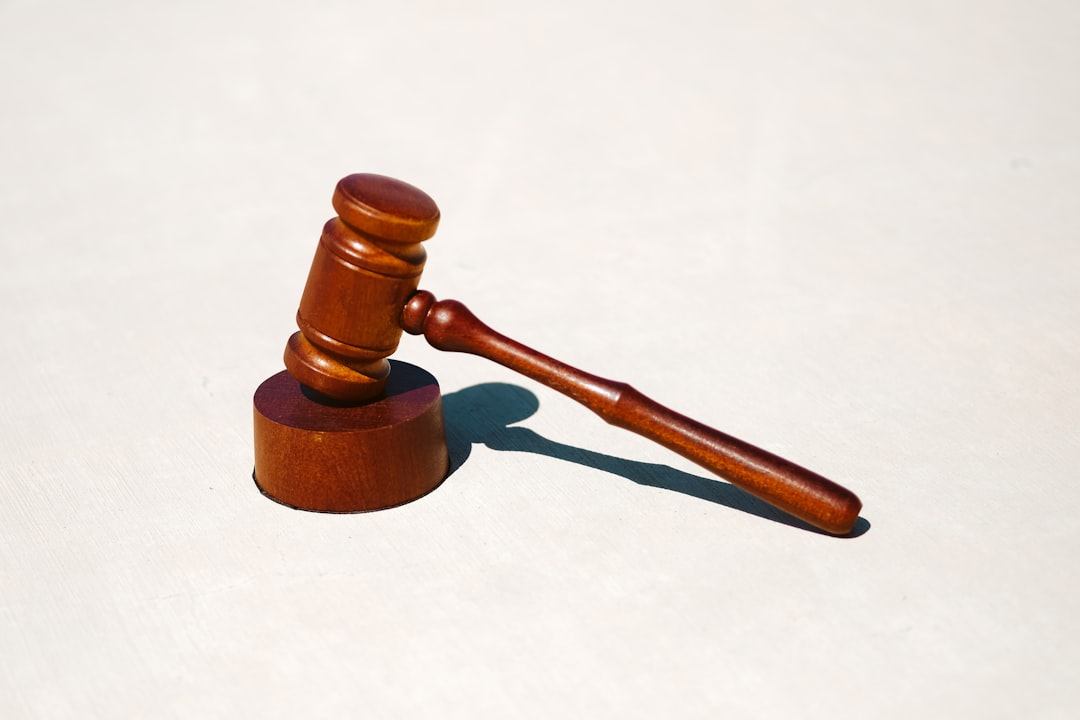In Illinois, consumers are protected from aggressive debt collection practices by both state and federal laws, including the Fair Debt Collection Practices Act (FDCPA) and a "Do Not Call" requirement for law firms. This registry allows individuals to opt-out of unwanted phone calls, reducing harassment. Residents must be aware of their rights against unethical tactics like repeated calls, false statements, threats, and misrepresentations. Documenting interactions and seeking legal aid from organizations or attorneys specializing in consumer law can help resolve issues effectively. Illinois offers robust protections and resources for consumers facing unfair debt collection practices.
In Illinois, consumers are protected from unfair debt collection practices under a robust legal framework. Understanding these protections is crucial for navigating the intricate landscape of debt recovery. This article delves into key aspects, including the state’s Do Not Call Registry and its impact on consumer rights, common unfair debt collection tactics, legal recourse for violations, and available resources in Illinois. Discover how to protect your rights against predatory law firms by familiarizing yourself with these essential guidelines.
Understanding Illinois Laws on Debt Collection Practices

In Illinois, debt collection practices are governed by both state and federal laws, designed to protect consumers from aggressive or unfair tactics. The Fair Debt Collection Practices Act (FDCPA) sets national standards for how debt collectors can interact with debtors, but Illinois has its own supplementary laws that further safeguard residents. Understanding these laws is crucial for anyone facing debt collection efforts.
One notable aspect of Illinois law is the “Do Not Call” requirement, which includes restrictions on contacting consumers at certain times and through specific means, such as law firms. This provision aims to prevent harassing phone calls and gives debtors some control over how they are contacted. Additionally, collectors must provide validation of the debt and refrain from making false or misleading statements, ensuring transparency and accuracy in the collection process.
The Do Not Call Registry and Its Impact on Consumer Rights

In Illinois, consumers have a powerful tool at their disposal when it comes to protecting themselves from aggressive debt collection practices: the Do Not Call Registry. This state-mandated registry is designed to curb unwanted phone calls from lenders, credit card companies, and law firms by allowing individuals to opt-out of such communications. By simply registering their phone number, Illinois residents can significantly reduce the frequency of debt collection calls, offering them much-needed relief from persistent and often harassing messages.
The Do Not Call Registry has had a profound impact on consumer rights in Illinois. It empowers individuals to take control of their communication preferences, ensuring that their personal time is respected. This law firms’ adherence to the registry is crucial, as it prevents them from engaging in abusive collection tactics, such as making repeated calls or using threatening language. By complying with the Do Not Call Law, law firms in Illinois not only avoid potential legal repercussions but also foster a more harmonious and consumer-friendly debt collection environment.
Unfair Debt Collection Practices: What to Look Out For

Unfair Debt Collection Practices: What to Look Out For
When dealing with debt collectors, it’s important for Illinois residents to be aware of their rights and protect themselves from unethical practices. Unfair debt collection can include various actions that are aggressive, misleading, or harassing in nature. One common tactic is repeated phone calls, especially to places like workplaces or schools, despite requests to stop. These “do not call” laws, including those specific to law firms in Illinois, exist to protect consumers from unwanted and intrusive communications.
Other unfair practices may involve false statements about the amount owed, threats of violence, or using abusive language. Debt collectors must provide valid and verifiable information about the debt they are attempting to collect, and they cannot misrepresent or manipulate individuals into making payments. If you suspect any form of unfair debt collection activity, it’s advisable to document interactions and seek legal counsel to understand your rights and available remedies under Illinois law.
Legal Recourse for Violations: Steps to Take If Scammed

If you’ve been a victim of unfair debt collection practices in Illinois, knowing your legal recourse is crucial. The first step is to document everything—the communication, promises made, and any agreements or payments you’ve made. This evidence can be invaluable when filing a complaint with the Illinois Attorney General’s Office or reporting the issue to the Federal Trade Commission (FTC). These agencies take consumer complaints seriously, especially those involving debt collection scams.
When pursuing legal action, consider seeking advice from local legal aid organizations or consulting with an attorney specializing in consumer law. While “Do Not Call” laws exist to protect consumers from unsolicited phone calls, they don’t apply to every situation. An expert can guide you through the specifics of your case and help determine the best course of action, whether it’s negotiating with the debt collector, seeking damages, or taking legal steps to stop the harassment.
Protecting Your Rights: Resources and Support in Illinois

In Illinois, consumers have robust protections against unfair debt collection practices. If you’re facing debt issues, it’s crucial to know your rights. The Illinois Attorney General’s Office provides extensive resources and support for individuals dealing with debt collectors. They offer guidance on how to navigate interactions with debt collection agencies, including advice on what to do if a collector harasses or intimidates you.
Additionally, non-profit organizations like the Better Business Bureau (BBB) in Illinois can serve as valuable allies. The BBB helps resolve consumer complaints and maintains a database of known unscrupulous collectors. They also offer educational materials on debt collection rights and responsibilities. Remember, knowing your rights is the first step to protecting yourself from unfair practices. Don’t hesitate to reach out for assistance; numerous resources are readily available to support Illinois consumers in standing up for their legal entitlements.






